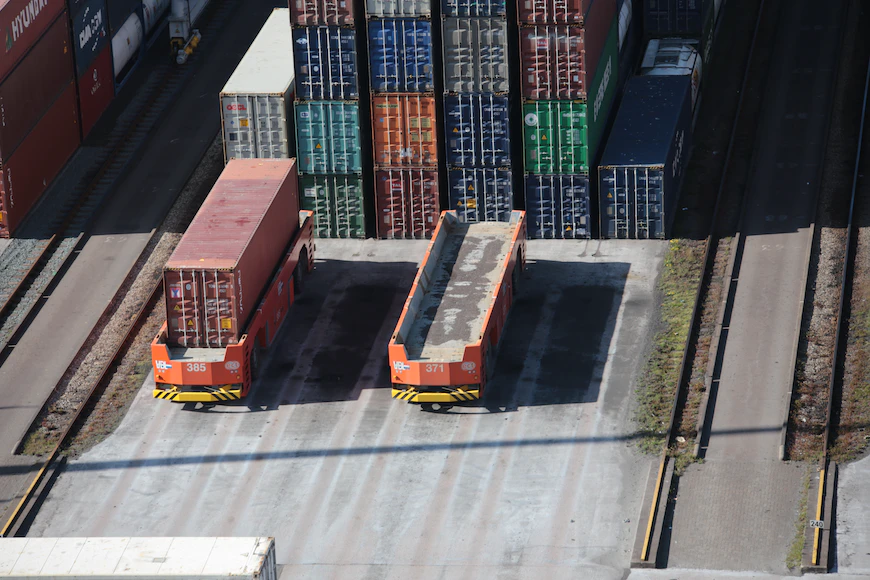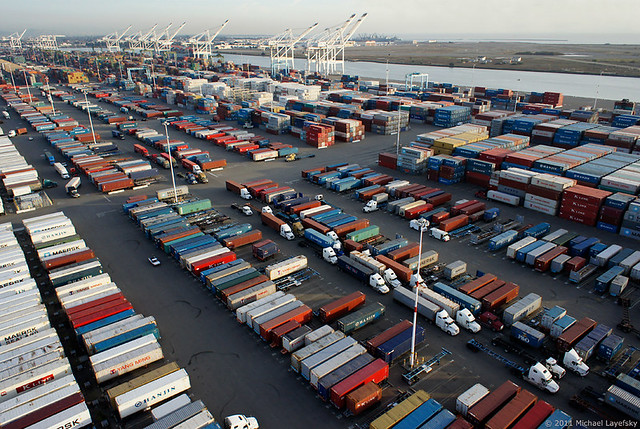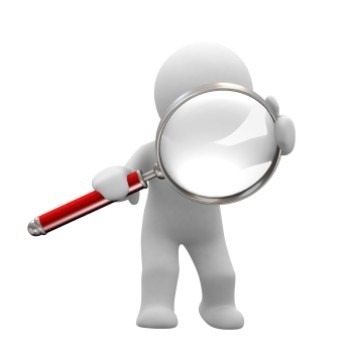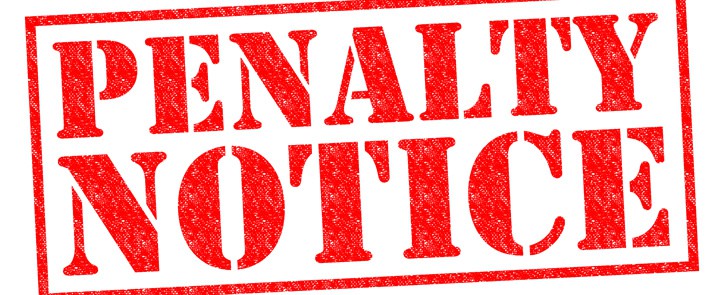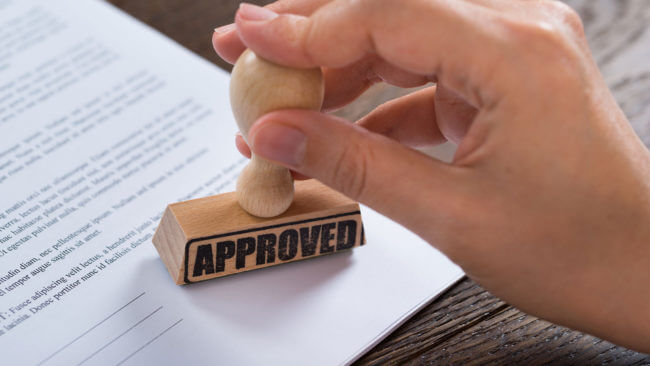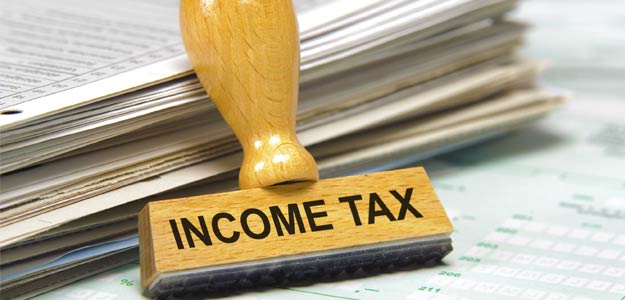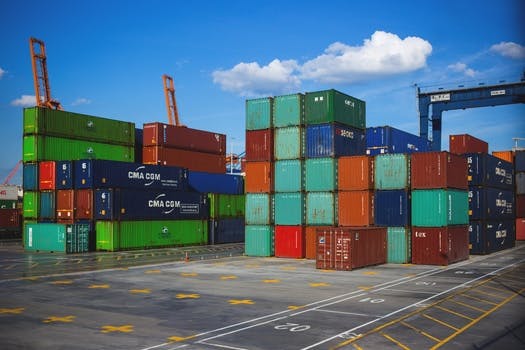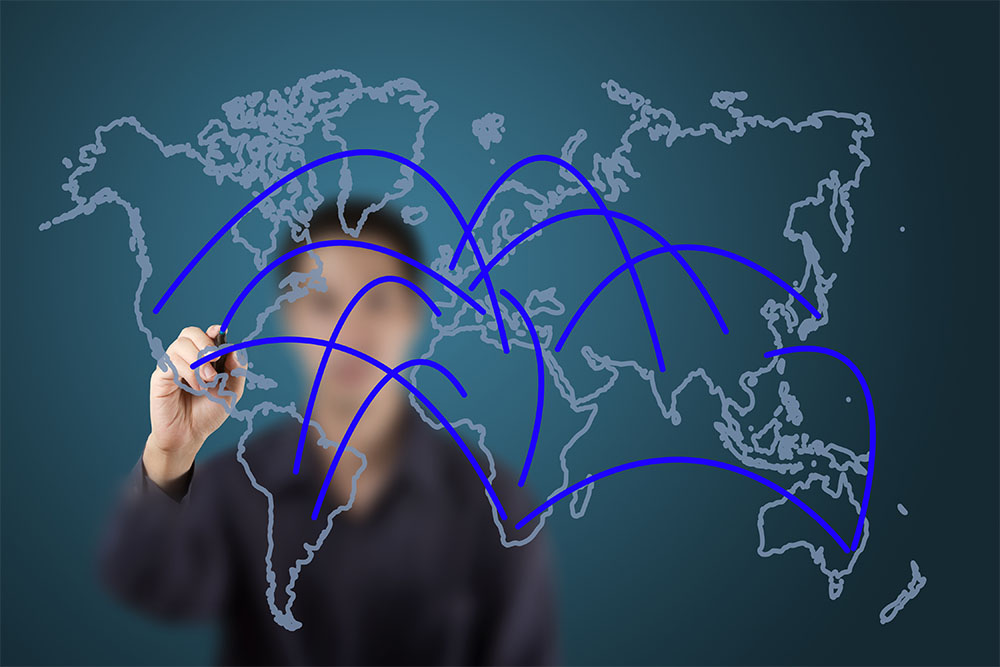How to Release Imported Item from Philippine Customs
In this post, we will walk you through the steps by step guide on how to release your imported shipments from the Philippine Bureau of Customs (BoC)
Step 1: For new company or individual who wants to import any commodities with commercial value and or in commercial quantity, you first need an Import Clearance Certificate from the Bureau of Internal Revenue. Then you need to apply for Importer’s Accreditation to the Bureau of Customs. Only accredited importers have the privileges to imports any commodities whether regulated imported commodities or freely imported commodities.
Step 2: Import documents required for shipments to the Philippines include:
1. Commercial invoice/Pro-Forma invoice
- Should include a detailed description of the goods i.e. what is it made of, what is it part of, what is it used for.
- The value indicated must be correct. If the shipment consists of more than one item, the importer must provide a value breakdown and ensure that the total amount tally to the total value of the shipment.
- The value must be transaction value – the price paid or payable – for the item/s in case the item has been provided free of charge or as a gift.
- Putting “No Commercial Value” will lead to Customs asking the consignee to provide value evidence such as proof of payment, purchase order, or telegraphic transfer.
- The invoice should also include the quantity, weight, unit price, currency and country of origin (COO).
2. Bill of lading (for sea freight) or air waybill (for air freight)
- Should be filled out completely and accurately.
- Make sure all the information is consistent with the commercial invoice.
- A revision in the declared value once a shipment reaches the destination port is subject to Customs approval.
- Make sure to include a reachable consignee contact so the destination port can easily inform them about the shipment’s arrival and advise of any necessary clearance paperwork.
3. Packing list – A document that details the merchandise in the shipment, along with information on how it was packed, how the items are numbered, the serial numbers, and the weight and dimensions of each item.
4. Applicable special certificates/import clearance/permit depending on the nature of goods being shipped and/or requested by the importer/bank/letter of credit clause, e.g., Food and Drug Administration (FDA) license; and
5. Commercial Invoice of Returned Philippine Goods and/or Supplemental Declaration on Valuation.
6. For a Letter of Credit (L/C) transaction, a duly accomplished L/C, including a Pro-Forma Invoice and Import Entry Declaration for Advance Customs Import Duty (ACID) is required. A Pro-Forma Invoice is required for non-L/C transactions (e.g., Draft Documents against Acceptance (D/A), Documents against Payment (D/P), Open Account (OA) or self-funded documentation).
7. Additional documents for certain imports – Importers bringing in animals, plants, foodstuff, medicine or chemicals must additionally obtain a Certificate of Product Registration from the Philippines’ Food and Drug Administration.
Step 3: File an Entry
Entry must be filed in the Customhouse within 30 days from the date of discharge of the last package from the vessel, which shall not be extendible. Failure to file the entry constitutes implied abandonment and will result in the ‘ipso facto’ forfeiture of the goods/shipment.
You or your customs broker may have the software to file Bill of Entry at office or home. If you do not have such facility, you can approach private EDI (Electronic Data Information) service providers who can arrange to submit the data on behalf of you.
Step 4: Payment of Duties and Taxes for ATRIG
- An ATRIG is an authority issued by the BIR, addressed to the Commissioner of Customs, allowing the release of imported goods from customs custody upon payment of applicable taxes, or proof of exemption from payment thereof, whichever is applicable.
- The BIR Revenue Memorandum Order (RMO) No. 1-2016 directs all applications for ATRIGs for excisable products be processed and issued centrally at the BIR National Office in Quezon City.
- Only applications of importer-applicant and broker-representative who are duly registered BIR taxpayers will be processed.
- An individual importer-applicant must present a photocopy of his/her latest annual income tax return together with the audited financial statements duly stamped received by the BIR. These will be used in the valuation of the individual importer-applicant’s financial capacity to import.
- Prior ocular inspection of the imported goods would be conducted if necessary.
Step 5: Release of Cargo
Upon satisfying all these requirements of, you can now retrieve your import goods from the Customs.
The import customs clearance procedure in the Philippines can be very lengthy and tedious, especially for those small and medium businesses. If you need a professional help to ensure a fast and hassle-free release of your import goods, contact Excelsior Worldwide Logistics Corp. today at (063) 525-9775 or send an email to wecare@excelsior.ph

